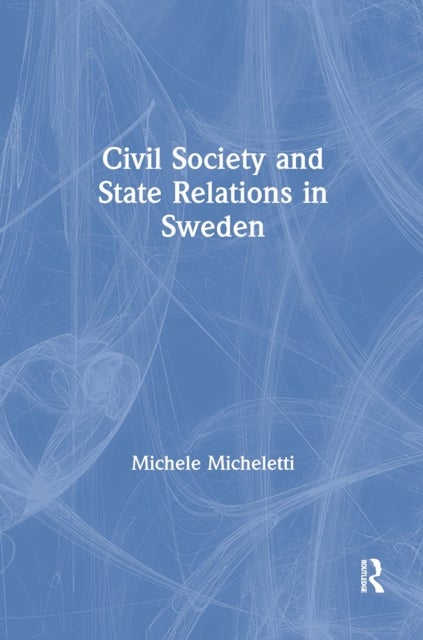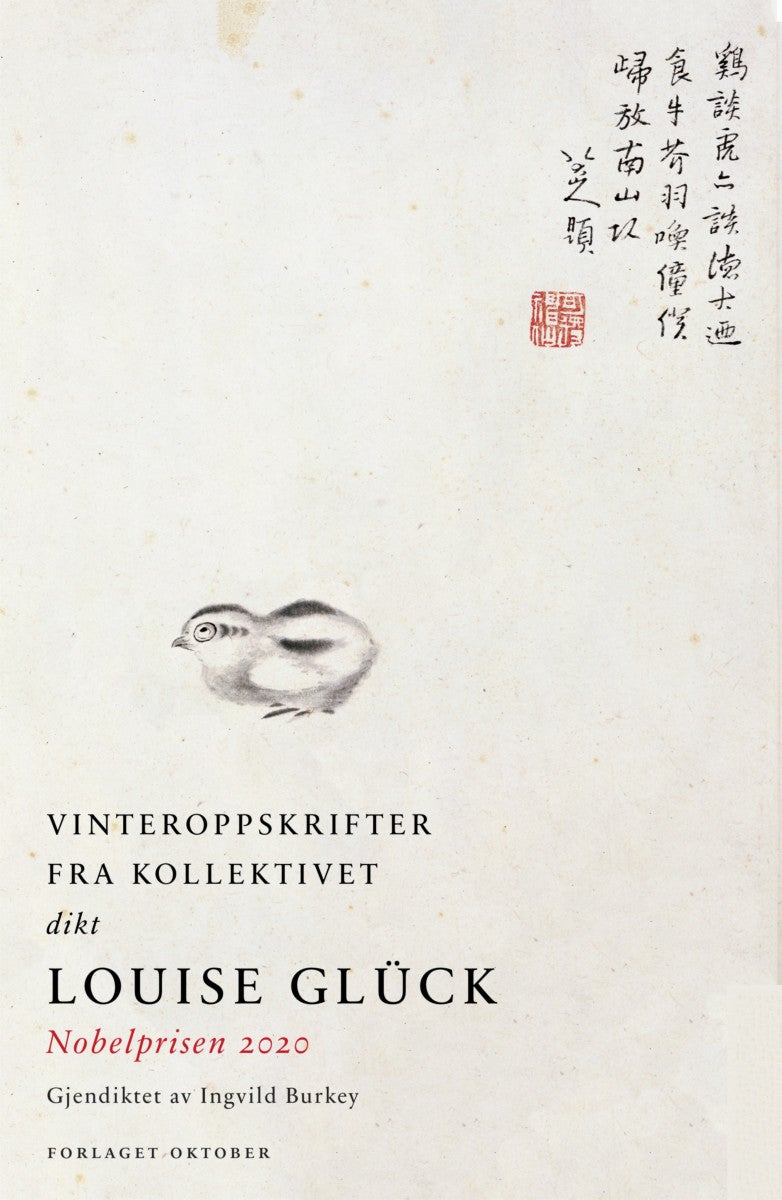
Civil Society and State Relations in Sweden av Michele Micheletti
529,-
Sweden, as many other prosperous nations, is presently reassessing its national goals, political culture and collective identity. Newer groups in society are demanding equal treatment, and others whose struggles for recognition are older and unwon, are successfully mobilizing support for political change. Social democratic political hegemony has been eroded and other new political forces are now reinterpreting past political ideas and methods of action and a need for historical perspective. This book analyses the history of Swedish civil society. Social movements and interest organizations have played crucial roles in Sweden. Their history is also Swedish history and concerns struggles for political recognition and welfare state development and cutbacks. Theoretical developments within sociology, social psychology, public choice and political science are combined to enrich the analysis. Some of the theoretical elements used in this book are organizational waves of development, organiza








